
Costa Brava: Spain's Rugged Coastal Gem
Costa Brava, located in the northeastern part of Spain, is a stunning stretch of coastline that captivates visitors with its natural beauty. Known for its rugged cliffs, golden sandy beaches, and crystal-clear waters, Costa Brava offers a perfect blend of relaxation and adventure. The region stretches from Blanes to the French border, providing a variety of landscapes and experiences for every traveler. The region is also steeped in history and culture, with charming medieval villages like Tossa de Mar and Pals. These picturesque towns offer narrow cobblestone streets, ancient castles, and traditional Spanish architecture. Costa Brava is also famous for its culinary delights, with fresh seafood and Catalan dishes that tantalize the taste buds. Each town and village has its own local markets, where you can sample regional products and immerse yourself in the local lifestyle. Costa Brava's natural parks and reserves, such as Cap de Creus and Aiguamolls de l'Empordà, are perfect for outdoor enthusiasts. These areas offer hiking trails, bird-watching spots, and breathtaking views of the Mediterranean Sea. For art lovers, the region is closely associated with Salvador Dalí, and you can visit the Dalí Theatre-Museum in Figueres, his house in Portlligat, and the Gala Dalí Castle in Púbol. Whether you are looking for a relaxing beach holiday, a cultural experience, or an adventure in nature, Costa Brava has something to offer everyone.
Local tips in Costa Brava
- Visit in the shoulder seasons (May-June, September-October) for fewer crowds and pleasant weather.
- Renting a car is recommended to explore the region's hidden gems and remote beaches.
- Don't miss the local markets for fresh produce and authentic Catalan products.
- Pack comfortable shoes for exploring the medieval villages and hiking trails.
- Try the local seafood dishes, especially in coastal towns like Palamós and L'Escala.
Costa Brava: Spain's Rugged Coastal Gem
Costa Brava, located in the northeastern part of Spain, is a stunning stretch of coastline that captivates visitors with its natural beauty. Known for its rugged cliffs, golden sandy beaches, and crystal-clear waters, Costa Brava offers a perfect blend of relaxation and adventure. The region stretches from Blanes to the French border, providing a variety of landscapes and experiences for every traveler. The region is also steeped in history and culture, with charming medieval villages like Tossa de Mar and Pals. These picturesque towns offer narrow cobblestone streets, ancient castles, and traditional Spanish architecture. Costa Brava is also famous for its culinary delights, with fresh seafood and Catalan dishes that tantalize the taste buds. Each town and village has its own local markets, where you can sample regional products and immerse yourself in the local lifestyle. Costa Brava's natural parks and reserves, such as Cap de Creus and Aiguamolls de l'Empordà, are perfect for outdoor enthusiasts. These areas offer hiking trails, bird-watching spots, and breathtaking views of the Mediterranean Sea. For art lovers, the region is closely associated with Salvador Dalí, and you can visit the Dalí Theatre-Museum in Figueres, his house in Portlligat, and the Gala Dalí Castle in Púbol. Whether you are looking for a relaxing beach holiday, a cultural experience, or an adventure in nature, Costa Brava has something to offer everyone.
When is the best time to go to Costa Brava?
Iconic landmarks you can’t miss
Muralles de Tossa de Mar
Discover the history and stunning views at the Muralles de Tossa de Mar, a captivating medieval fortress along the beautiful Costa Brava.
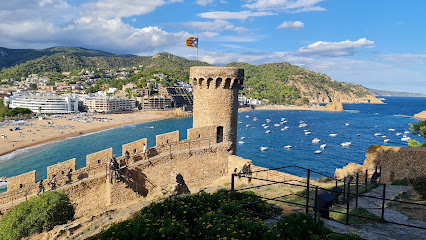
Gardens of Saint Clotilde
Explore the Gardens of Saint Clotilde in Lloret de Mar, where lush landscapes meet stunning Mediterranean views, creating a serene retreat for every traveler.
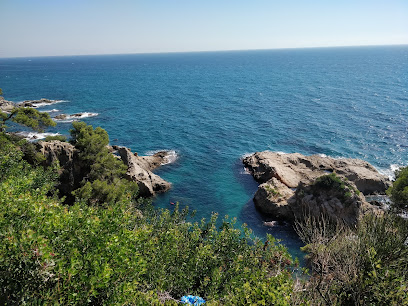
Pont de les Peixateries Velles
Discover the stunning beauty of the Pont de les Peixateries Velles, an iconic Girona bridge offering picturesque views and rich cultural heritage.

Begur's Castle
Experience the historical charm and breathtaking views of Begur's Castle, a captivating attraction in the heart of Catalonia's Costa Brava.
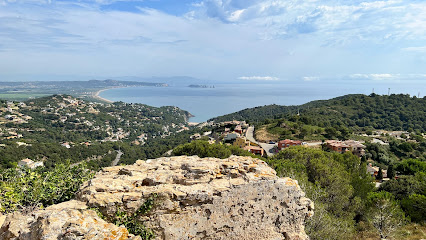
Portal de la Costa Brava
Discover the stunning Portal de la Costa Brava in Blanes, a blend of natural beauty and rich history on the majestic Costa Brava coastline.
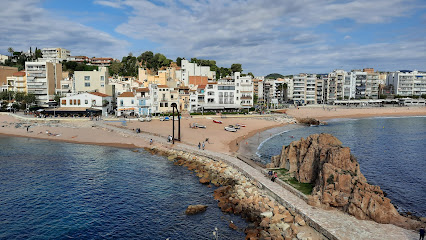
Muralles de la Vila Vella
Discover the stunning medieval walls of Muralles de la Vila Vella, a historical landmark offering breathtaking views and a glimpse into Tossa de Mar's rich heritage.
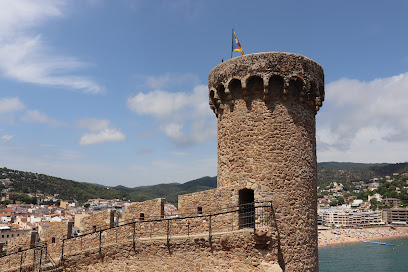
Far de Sant Sebastià
Discover the enchanting Far de Sant Sebastià, a historic lighthouse in Llafranc offering stunning Mediterranean views and rich maritime heritage.
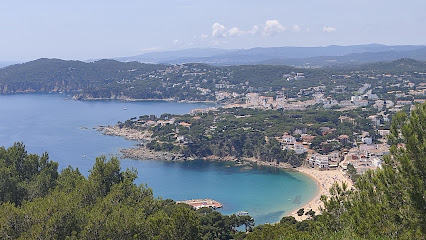
Cala s'Alguer
Discover the serene beauty of Cala s'Alguer, a stunning public beach on Costa Brava, perfect for relaxation, swimming, and scenic coastal views.
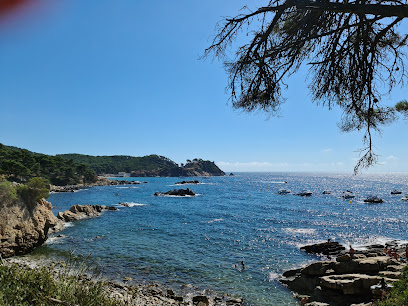
Castell de Sant Joan
Discover the historic charm and breathtaking views of Castell de Sant Joan, a must-see castle in Lloret de Mar, Spain.
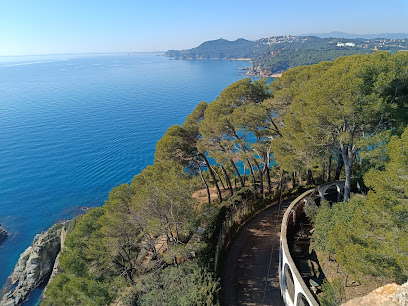
Basílica de Sant Feliu
Discover the historical and architectural wonders of Basilica de Sant Feliu, a must-visit landmark in Girona, Spain, rich in culture and beauty.
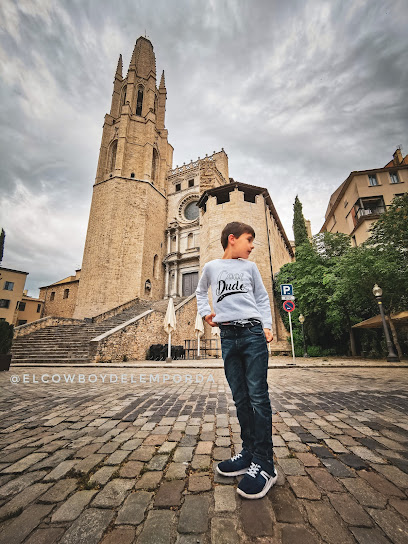
Requesens Castle
Discover the enchanting Requesens Castle in Girona, a medieval gem offering breathtaking views, rich history, and a perfect escape into the past.
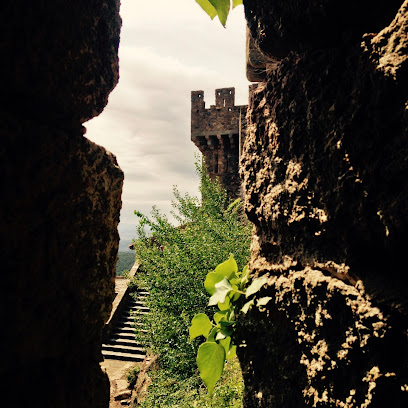
Castell de Verdera (Sant Salvador de Verdera)
Experience the enchanting Castell de Verdera, a medieval castle in Girona, offering breathtaking views and rich historical narratives.
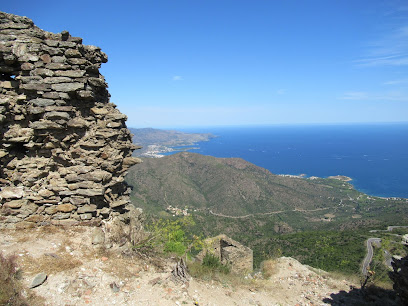
Empúries Roman City Ruins
Uncover the ancient history at Empúries Roman City Ruins, where Roman and Greek cultures converge along the beautiful Costa Brava.
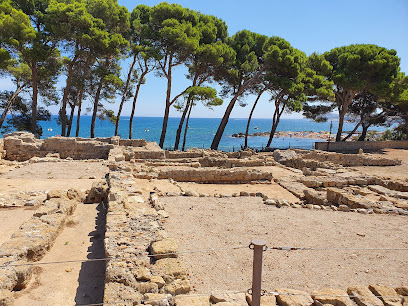
Far de Cala Nans
Explore the stunning views and rich history of Far de Cala Nans, a scenic lighthouse in Cadaqués, perfect for photography and relaxation.
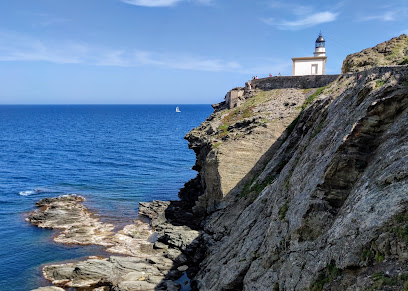
Castell de Montjuïc
Discover the historical grandeur and breathtaking views of Castell de Montjuïc, a fortress that embodies the rich heritage of Girona.
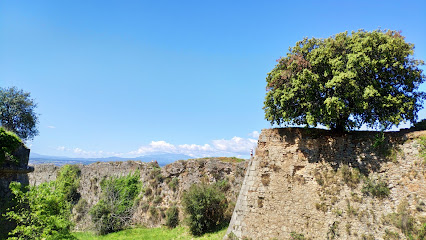
Unmissable attractions to see
Muralles de Tossa de Mar
Discover the Muralles de Tossa de Mar, a historical fortress with breathtaking views and rich Catalan heritage, perfect for every traveler.
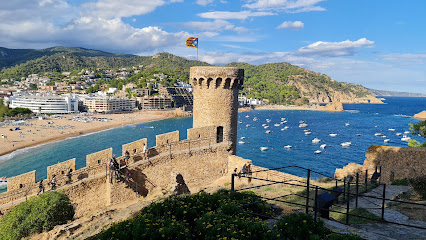
Ruïnes d'Empúries - Museu Arqueològic
Uncover the rich history of the ancient Greeks and Romans at the Ruïnes d'Empúries, a must-visit archaeological site in L'Escala, Girona.
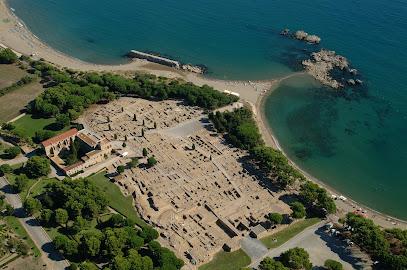
Water World Parc
Experience the ultimate aquatic adventure at Water World Parc, a captivating water park in Lloret de Mar for all ages.
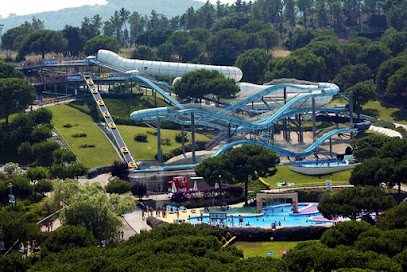
Gardens of Saint Clotilde
Explore the serene beauty of the Gardens of Saint Clotilde in Lloret de Mar, where nature and artistry create a tranquil escape with stunning Mediterranean views.
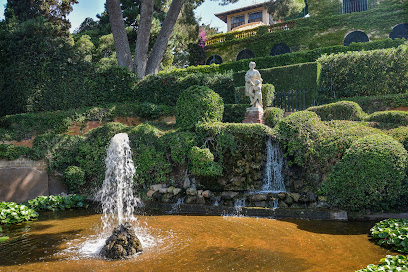
Butterfly Park Empuriabrava
Immerse yourself in the colorful world of Butterfly Park Empuriabrava, where exotic butterflies and vibrant wildlife create an unforgettable nature experience.
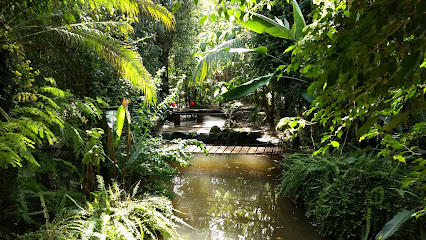
Aiguamolls de l'Empordà
Explore the stunning landscapes and vibrant wildlife of Aiguamolls de l'Empordà, a must-visit nature preserve in Girona, Spain.
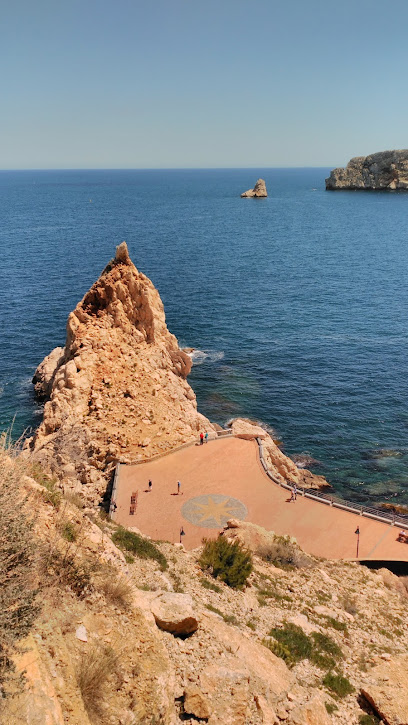
Museu de la Ciutadella de Roses
Explore the fascinating history and archaeological wonders at Museu de la Ciutadella de Roses, a must-visit cultural gem on the Costa Brava.
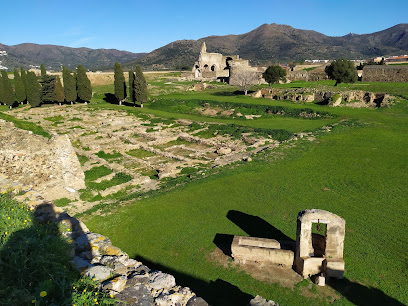
Castell de Sant Joan | Blanes
Discover the breathtaking views and rich history at Castell de Sant Joan, a must-visit castle and hiking destination in Blanes.
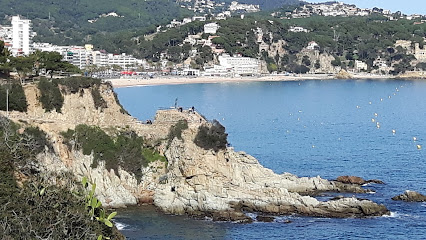
Portal de la Costa Brava
Discover the beauty and history of Costa Brava at the enchanting Portal de la Costa Brava in Blanes, a true gem for tourists seeking adventure and culture.
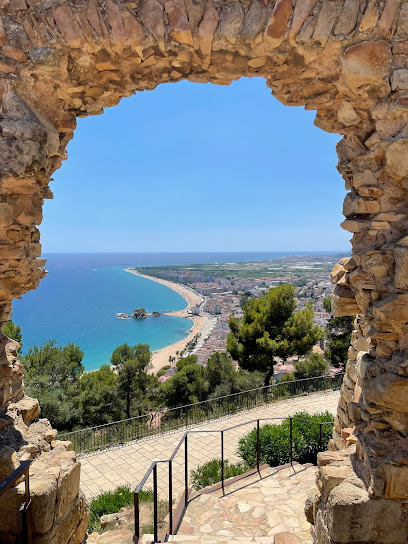
Platja de l'Almadrava
Experience the breathtaking beauty of Platja de l'Almadrava, where golden sands meet crystal-clear waters on the stunning Costa Brava.
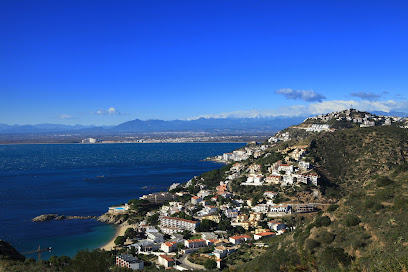
Toy museum of Catalonia
Discover the magic of childhood at the Toy Museum of Catalonia, a treasure trove of toys and memories in Figueres, perfect for all ages.
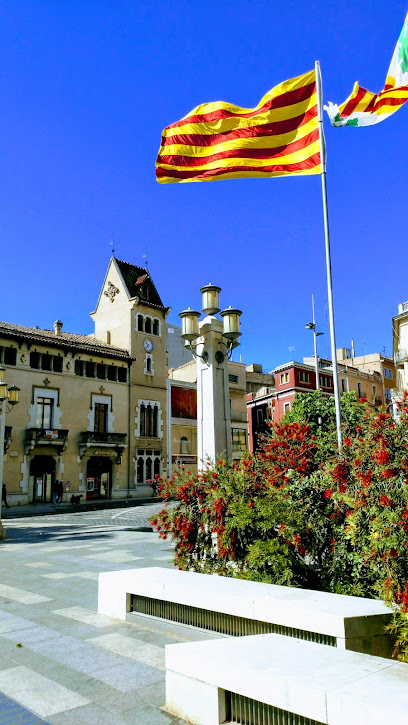
Skydive Empuriabrava - La Tierra del Cielo
Experience breathtaking skydiving adventures at Skydive Empuriabrava, where stunning views and adrenaline rushes await in Costa Brava, Spain.
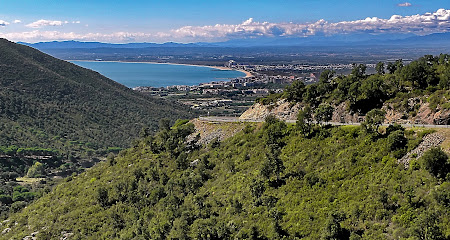
Gala - Salvador Dalí Foundation
Explore the surreal world of Salvador Dalí at the Gala - Salvador Dalí Foundation in Figueres, a must-visit for art lovers and curious travelers.
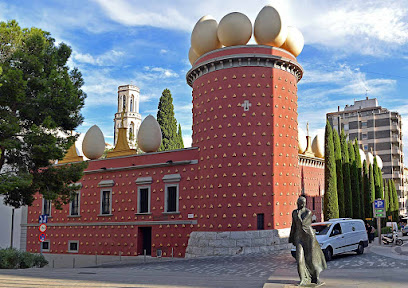
Platja d'Empuriabrava
Experience the enchanting Platja d'Empuriabrava, where stunning beaches meet vibrant canals for the ultimate seaside getaway.
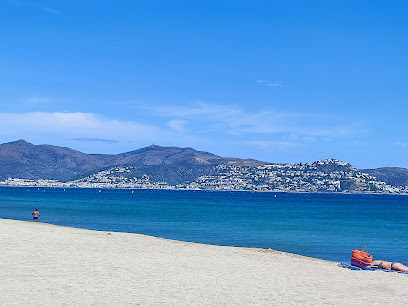
Sant Quirze de Colera
Explore the tranquil beauty and historical significance of Sant Quirze de Colera, a captivating monastery in the heart of Girona's stunning landscapes.
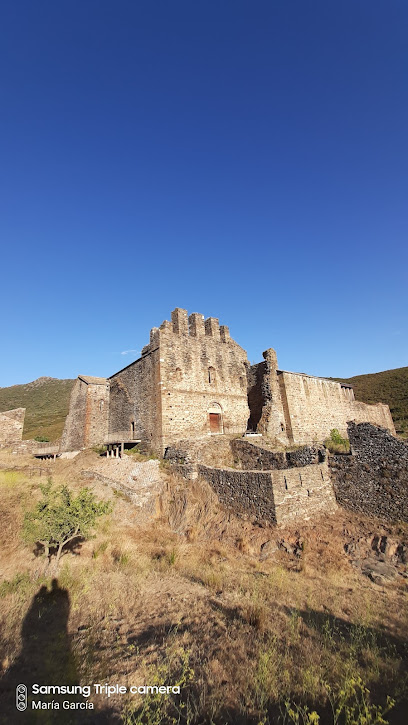
Essential places to dine
Mooma
Experience authentic Catalan cuisine at Mooma - your gateway to local flavors and refreshing ciders in beautiful Girona.
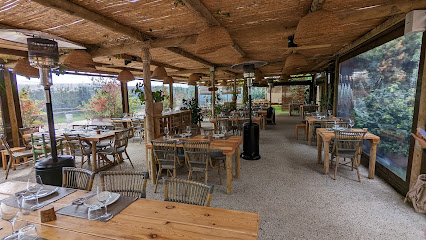
El Celler de Can Roca
Experience innovative Catalan cuisine at El Celler de Can Roca in Girona – where tradition meets modern gastronomy.
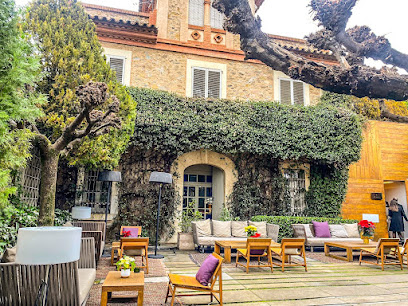
Restaurant Solimar (platja del Racó)
Discover Mediterranean delights at Restaurant Solimar in Platja del Racó – where culinary tradition meets stunning coastal views.
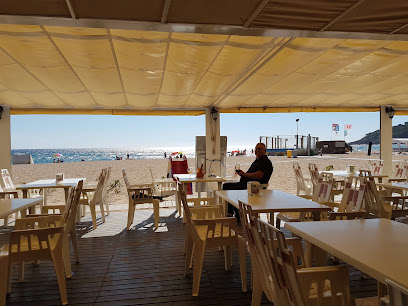
Restaurant Fiego
Discover the best Mediterranean dining experience at Restaurant Fiego in Calella de Palafrugell, featuring fresh seafood and traditional Spanish flavors.
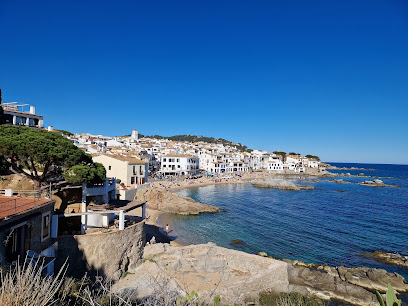
Compartir
Discover the essence of Mediterranean cuisine at Compartir in Cadaqués – where every dish tells a story.
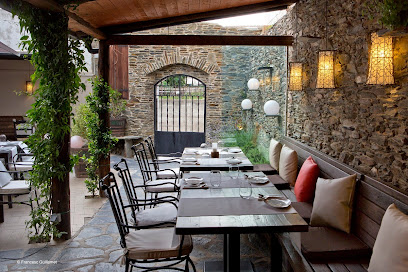
Restaurant El Pedró
Discover authentic Mediterranean cuisine at Restaurant El Pedró in Pals—where local flavors meet warm hospitality.
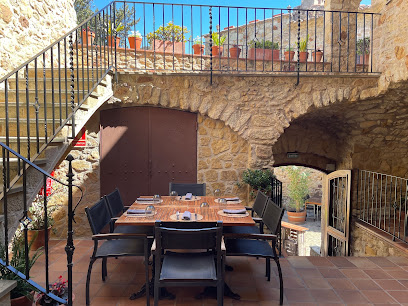
La Blava
Experience exquisite Mediterranean flavors at La Blava in Calella de Palafrugell, where every dish is a celebration of local ingredients and culinary tradition.
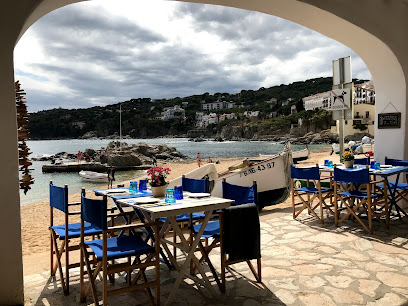
Bo.TiC
Experience fine dining at Bo.TiC in Corçà, where innovative cuisine meets rich Catalan heritage for an unforgettable gastronomic adventure.
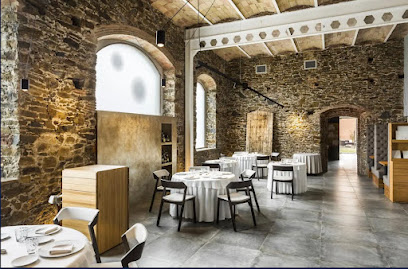
Far Nomo
Experience authentic Japanese cuisine at Far Nomo in Llafranc - where tradition meets elegance by the Mediterranean.
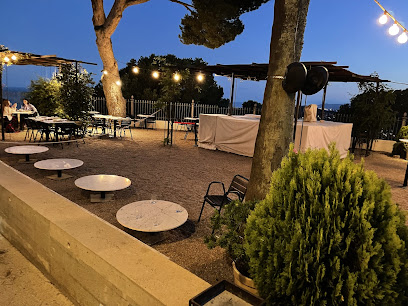
Tragamar
Experience exquisite Mediterranean cuisine with stunning sea views at Tragamar in Calella de Palafrugell.
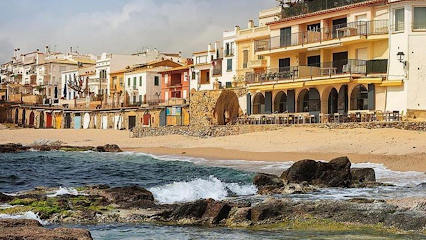
Restaurant Can Roquet
Experience exquisite Mediterranean flavors at Restaurant Can Roquet in Romanyà de la Selva – where tradition meets innovation.
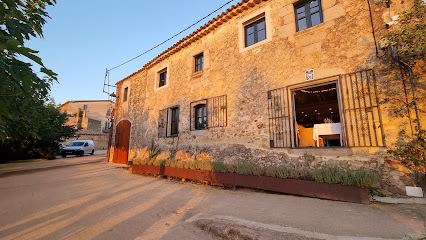
La Taverna del Mar
Experience exquisite seafood dining at La Taverna del Mar in S'Agaró - where Mediterranean flavors meet stunning coastal views.
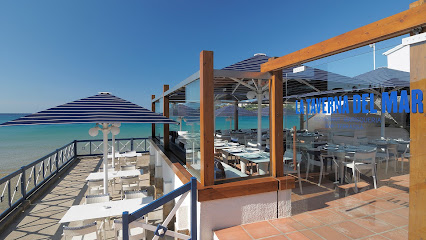
Sol i Mar Calella
Experience exquisite Mediterranean dining at Sol i Mar Calella, where fresh seafood meets stunning coastal views in beautiful Catalonia.
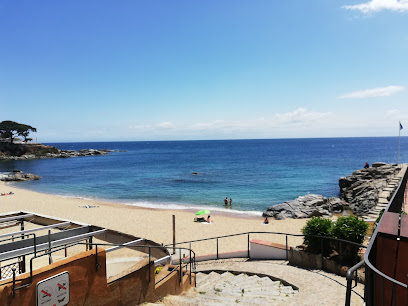
Hôtel Costa Brava
Experience authentic Spanish tapas at Hôtel Costa Brava in beautiful Platja d'Aro - where flavor meets relaxation on the Mediterranean coast.
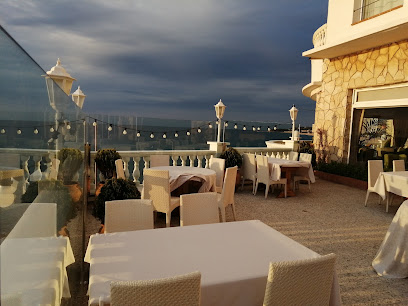
El Patio Bistrot Tapes
Discover authentic Spanish cuisine at El Patio Bistrot Tapes in L'Escala – where every dish tells a story.
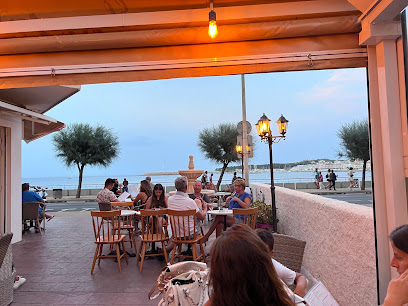
Markets, malls and hidden boutiques
Espai Gironès
Discover the ultimate shopping experience at Espai Gironès, Girona’s top shopping mall with diverse brands, dining, and family-friendly entertainment.

Mercat Blanes
Discover the vibrant Mercat Blanes, a fresh food market in Girona, where local flavors and culinary delights await every visitor.
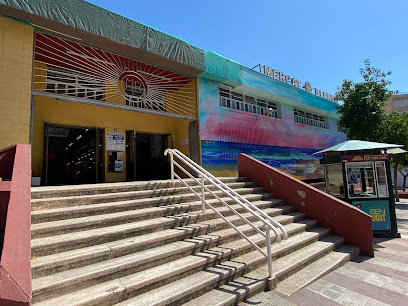
Costa Brava Bulevard
Explore Costa Brava Bulevard, a shopping paradise in Palafrugell, Girona, offering diverse shops, dining, and entertainment for an unforgettable experience.
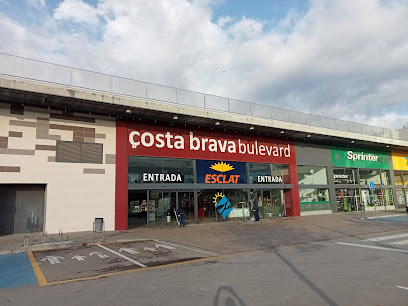
JYSK
Explore stylish furniture and home essentials at JYSK, the premier destination for decor in Vilatenim, Girona.
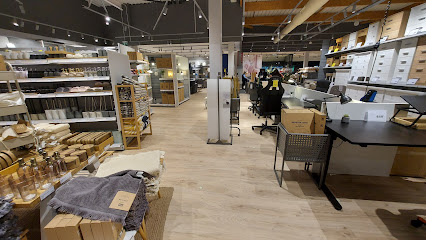
CASA Figueres
Explore CASA Figueres for unique gifts, exquisite garden furniture, and charming home goods that capture the spirit of Catalonia.
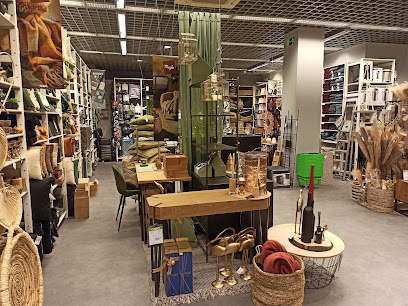
Flying Tiger Copenhagen
Explore the colorful and creative realm of Flying Tiger Copenhagen in Figueres, where unique gifts and playful products await every visitor.
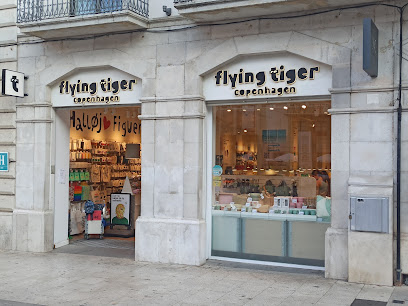
Action
Explore Action in Figueres for an unforgettable shopping experience filled with unique gifts, DIY supplies, and creative inspiration.
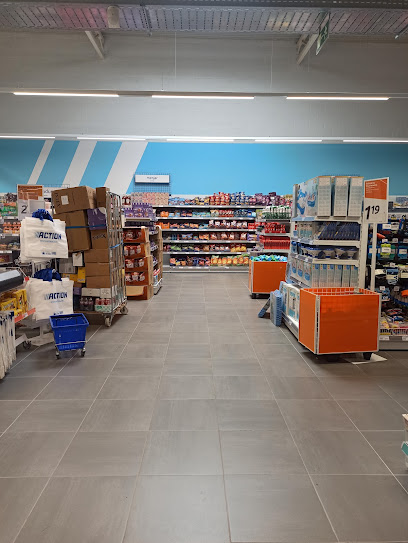
Groovy
Discover Groovy, a charming gift shop in Figueres, where unique souvenirs and local crafts celebrate the artistic spirit of Catalunya.

InQuiets Happy Store
Explore unique gifts and local treasures at InQuiets Happy Store in Vilafant, Girona, where every item tells a story.
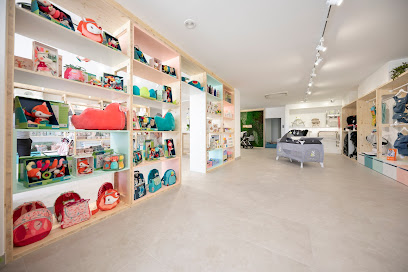
Ceràmica Costa Brava
Explore the vibrant world of Catalan pottery at Ceràmica Costa Brava in Tossa de Mar, where tradition meets creativity in every exquisite piece.
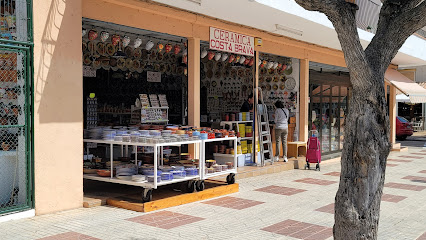
ALE-HOP
Discover ALE-HOP in Figueres for unique gifts and home goods that capture the vibrancy of Spanish culture.
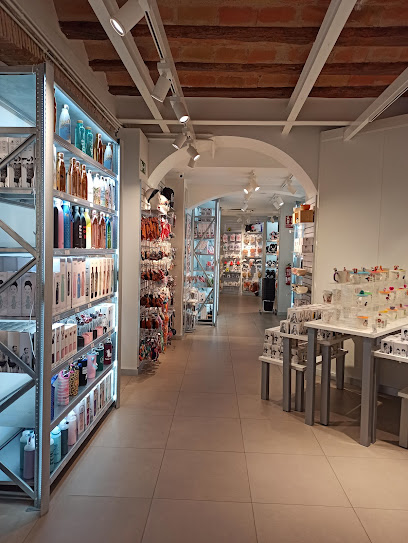
Lucky Wear
Explore the latest fashion trends and unique styles at Lucky Wear, your go-to clothing store in Vilatenim, Girona!

MERKAL CALZADOS
Discover stylish footwear and fashionable apparel for the entire family at MERKAL CALZADOS in Figueres, a must-visit shopping destination.
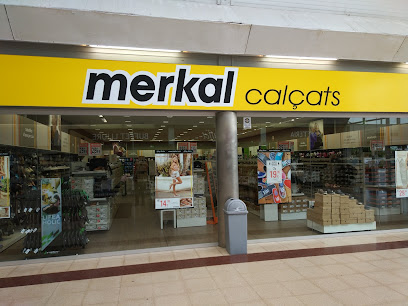
Natura
Discover unique gifts and stylish clothing at Natura, a charming shop in Figueres, perfect for souvenirs and local treasures.
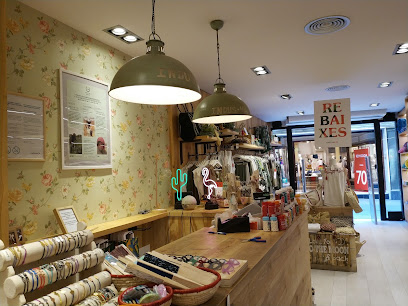
JAS VINTAGE
Discover vintage fashion treasures at JAS VINTAGE in Lloret de Mar, where unique style meets spectacular coastal charm.
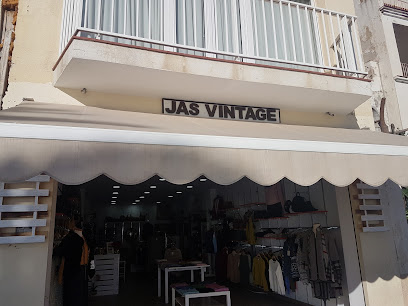
Essential bars & hidden hideouts
Cala Banys
Experience the perfect blend of vibrant cocktails and stunning coastal views at Cala Banys in Lloret de Mar.
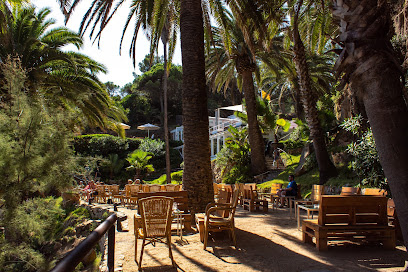
Hôtel Costa Brava
Experience authentic Spanish flavors and a vibrant atmosphere at Hôtel Costa Brava, your go-to bar and tapas restaurant in Platja d'Aro.
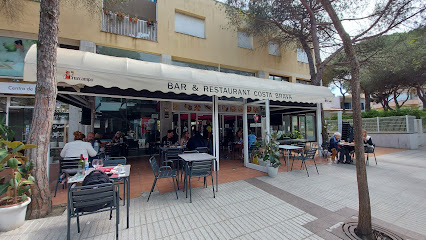
McKiernans
Discover the lively atmosphere and traditional charm of McKiernans, Girona's favorite Irish pub for locals and travelers alike.
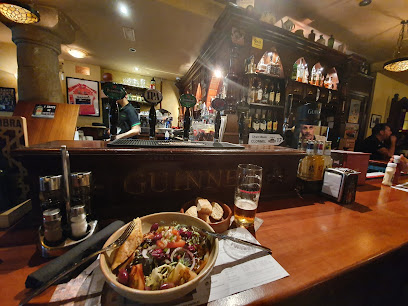
Sunset Jazz Club
Immerse yourself in the soulful sounds of live jazz while enjoying gourmet cheese and exquisite cocktails at Sunset Jazz Club in Girona.
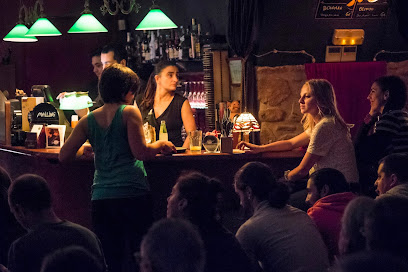
Cocoa Beach - Bar de copas
Experience the vibrant nightlife of Tossa de Mar at Cocoa Beach, where expertly crafted cocktails meet stunning Mediterranean views.
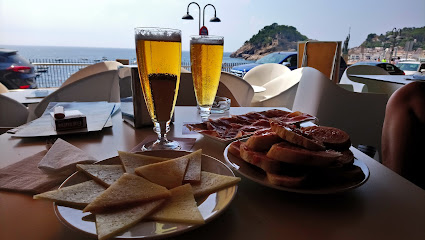
Cocktails Mar i tu Beachbar
Experience the best cocktails at Cocktails Mar i tu Beachbar, where stunning views and vibrant atmosphere come together for a perfect beach outing.
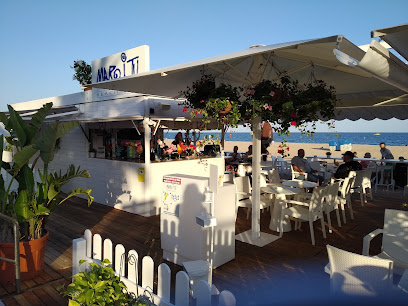
El Pub
Experience the thrill of sports and camaraderie at El Pub, Lloret de Mar's top destination for fun, drinks, and games.
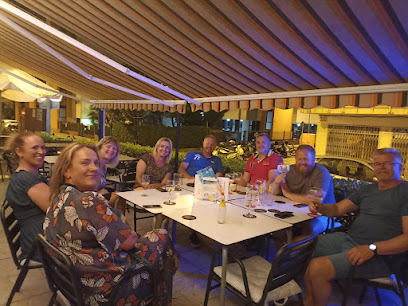
bar bodega costa brava
Discover the vibrant culinary scene at Bar Bodega Costa Brava in Lloret de Mar, where delicious grilled dishes meet a lively atmosphere.
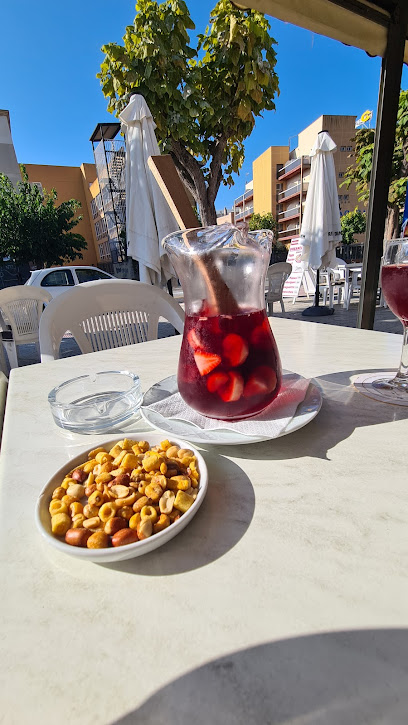
Es Secret Costa Brava
Experience the charm of Es Secret Costa Brava, a unique bar and restaurant in Girona offering delightful cuisine and live piano music in a cozy atmosphere.
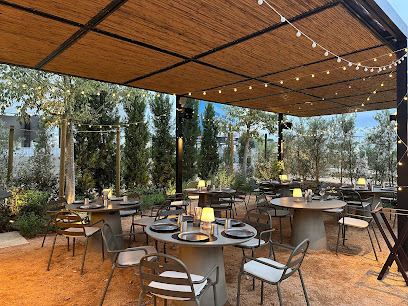
Romantic Bar
Discover the Romantic Bar in Tossa de Mar, where enchanting evenings meet stunning coastal views and delightful cocktails.
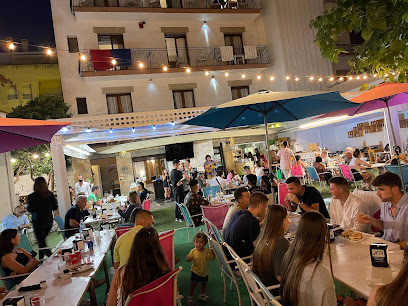
EL TRINKET BAR TERRAZA
Discover the vibrant nightlife at El Trinket Bar Terraza in Tossa de Mar, where stunning views and delicious cocktails await your visit.
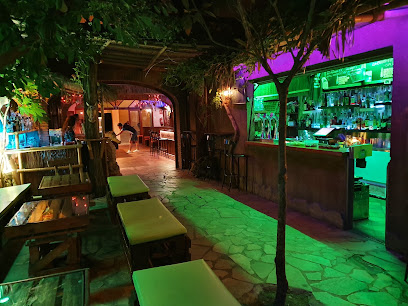
Bar de la Cate
Discover Bar de la Cate, a lively bar in Figueres, offering a blend of local culture, vibrant atmosphere, and delicious drinks for every traveler.
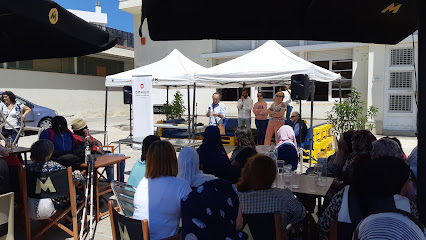
Rabbies Bar
Rabbies Bar: Experience the heart of Lloret de Mar's nightlife with vibrant drinks and a lively atmosphere.
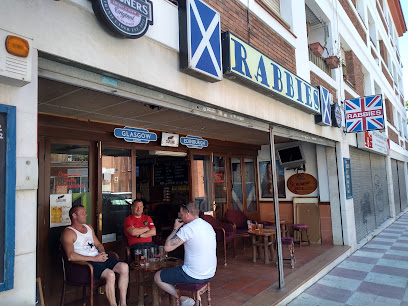
The Nags Head
Discover the vibrant atmosphere and friendly service at The Nags Head, a must-visit bar in Lloret de Mar, perfect for tourists seeking local charm.
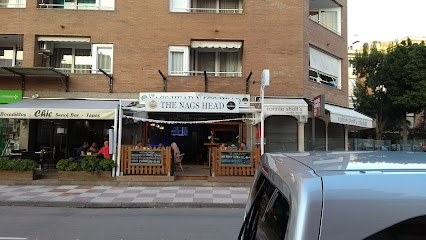
Local Phrases about Costa Brava
-
- HelloHola
[oh-lah] - GoodbyeAdiós
[ah-dyohs] - YesSí
[see] - NoNo
[noh] - Please/You're welcomePor favor/De nada
[por fah-vor/de nah-dah] - Thank youGracias
[grah-thyas] - Excuse me/SorryPerdón/Lo siento
[pehr-dohn/loh syehn-toh] - How are you?¿Cómo estás?
[koh-moh ehs-tahs] - Fine. And you?Bien. ¿Y tú?
[byen. ee too] - Do you speak English?¿Hablas inglés?
[ah-blahs een-glehs] - I don't understandNo entiendo
[noh ehn-tyen-doh]
- HelloHola
-
- I'd like to see the menu, pleaseMe gustaría ver la carta, por favor
[meh goo-stah-ree-ah vehr lah kahr-tah, por fah-vor] - I don't eat meatNo como carne
[noh koh-moh kahr-neh] - Cheers!¡Salud!
[sah-lood] - I would like to pay, pleaseQuisiera pagar, por favor
[kee-syeh-rah pah-gahr, por fah-vor]
- I'd like to see the menu, pleaseMe gustaría ver la carta, por favor
-
- Help!¡Ayuda!
[ah-yoo-dah] - Go away!¡Vete!
[veh-teh] - Call the Police!¡Llama a la policía!
[yah-mah ah lah poh-lee-see-ah] - Call a doctor!¡Llama a un médico!
[yah-mah ah oon meh-dee-koh] - I'm lostEstoy perdido
[ehs-toy pehr-dee-doh] - I'm illEstoy enfermo
[ehs-toy ehn-fehr-moh]
- Help!¡Ayuda!
-
- I'd like to buy...Me gustaría comprar...
[meh goo-stah-ree-ah kohm-prahr...] - I'm just lookingSolo estoy mirando
[soh-loh ehs-toy mee-rahn-doh] - How much is it?¿Cuánto cuesta?
[kwan-toh kwehs-tah] - That's too expensiveEs demasiado caro
[ehs deh-mah-syah-doh kah-roh] - Can you lower the price?¿Puedes bajar el precio?
[pweh-dehs bah-har ehl pree-thyo]
- I'd like to buy...Me gustaría comprar...
-
- What time is it?¿Qué hora es?
[keh oh-rah ehs] - It's one o'clockEs la una
[ehs lah oo-nah] - Half past (10)Y media (10)
[ee meh-dee-ah (dee-ehs)] - MorningMañana
[mah-nyah-nah] - AfternoonTarde
[tahr-deh] - EveningNoche
[noh-cheh] - YesterdayAyer
[ah-yehr] - TodayHoy
[oy] - TomorrowMañana
[mah-nyah-nah] - 1Uno
[oo-noh] - 2Dos
[dohs] - 3Tres
[trehs] - 4Cuatro
[kwah-troh] - 5Cinco
[theen-koh] - 6Seis
[says] - 7Siete
[syeh-teh] - 8Ocho
[oh-choh] - 9Nueve
[nweh-veh] - 10Diez
[dyehth]
- What time is it?¿Qué hora es?
-
- Where's a/the...?¿Dónde está...?
[dohn-deh ehs-tah] - What's the address?¿Cuál es la dirección?
[kwal ehs lah dee-rehk-syon] - Can you show me (on the map)?¿Puedes mostrarme (en el mapa)?
[pweh-dehs mohs-trar-meh (ehn ehl mah-pah)] - When's the next (bus)?¿Cuándo es el próximo (autobús)?
[kwan-doh ehs ehl proh-ksy-moh (ow-toh-boos)] - A ticket (to ....)Un billete (a ....)
[oon bee-yeh-teh (ah ....)]
- Where's a/the...?¿Dónde está...?
History of Costa Brava
-
The history of Costa Brava dates back to ancient times when the Iberians first settled in the region. Around the 6th century BC, Greek traders founded the colony of Empúries, which became a significant trading post. The remnants of this ancient city can still be explored today, offering a glimpse into the early interactions between local tribes and Mediterranean civilizations.
-
In the 2nd century BC, the Romans conquered the Iberian Peninsula, including the Costa Brava region. They expanded Empúries into a thriving Roman town, which served as a crucial point for trade and military operations. The Roman influence is evident in the well-preserved ruins, including a forum, basilica, and mosaic floors that provide insights into Roman urban planning and daily life.
-
During the medieval period, Costa Brava was characterized by the construction of numerous castles and fortresses to defend against pirate attacks and invasions. The coastal towns of Tossa de Mar and Begur are notable for their medieval walls and towers. These fortifications were essential in protecting the inhabitants and maintaining control over the strategic coastline.
-
From the 16th century onwards, Costa Brava saw the growth of small fishing villages along its rugged coastline. Communities like Cadaqués and Calella de Palafrugell developed around the fishing industry, which became a cornerstone of the local economy. These villages have retained much of their traditional charm, with whitewashed houses and narrow, winding streets.
-
In the early 20th century, Costa Brava became a haven for artists and intellectuals. Salvador Dalí, one of the most famous surrealist artists, spent much of his life in the region. His house in Portlligat and the Dalí Theatre-Museum in Figueres are major cultural attractions that celebrate his work and the artistic heritage of the area.
-
The mid-20th century marked the beginning of Costa Brava's transformation into a popular tourist destination. The development of resorts and infrastructure brought economic growth but also posed challenges for preserving the region's natural beauty and historical sites. Efforts have been made to balance tourism with conservation, ensuring that Costa Brava remains a place of both historical significance and natural splendor.
Costa Brava Essentials
-
Costa Brava is located in the northeastern region of Spain, along the coast of Catalonia. The nearest major airport is Girona-Costa Brava Airport, which is well-connected to various European destinations. Alternatively, you can fly into Barcelona-El Prat Airport, which is about 1.5 to 2 hours away by car or train. From these airports, you can rent a car, take a bus, or use a train to reach your destination within Costa Brava.
-
Costa Brava offers a variety of transportation options. Renting a car is a popular choice for exploring the region at your own pace. There are also reliable bus services that connect the major towns and tourist attractions. Trains are available for travel between larger towns and cities. For shorter distances, taxis and bicycles are convenient options.
-
The official currency in Spain is the Euro (EUR). Credit and debit cards are widely accepted in most establishments, including hotels, restaurants, and shops. ATMs are readily available, but it is advisable to carry some cash, especially when visiting smaller towns or rural areas. Keep in mind that some smaller businesses may prefer cash payments.
-
Costa Brava is generally a safe destination for tourists. However, it is important to take standard precautions to avoid petty crimes like pickpocketing, especially in crowded areas such as markets and tourist attractions. Avoid displaying expensive items and keep your belongings secure. While there are no specific high-crime areas targeting tourists, staying vigilant and aware of your surroundings is always recommended.
-
In case of emergency, dial 112 for immediate assistance. This number connects you to police, fire, and medical services. Hospitals and medical facilities are available in the major towns and cities of Costa Brava. It is advisable to have travel insurance that covers medical emergencies. Pharmacies are common and can provide over-the-counter medications for minor health issues.
-
Fashion: Do dress comfortably but modestly, especially when visiting religious sites. Avoid overly revealing clothing. Religion: Do respect local customs and traditions. When visiting churches, cover your shoulders and knees. Public Transport: Do be polite and offer your seat to elderly passengers. Don't eat or drink on public transport. Greetings: Do greet people with a friendly 'Hola' and a handshake. A kiss on both cheeks is a common greeting among friends. Eating & Drinking: Do try local dishes and specialties. Don't rush through meals; dining is often a leisurely activity in Spain.
-
To experience Costa Brava like a local, visit the weekly markets in towns like Palafrugell and Tossa de Mar, where you can buy fresh produce, local crafts, and traditional foods. Engage with locals and don't hesitate to ask for recommendations. Explore hidden coves and beaches that are less frequented by tourists. Don't miss the opportunity to try 'pa amb tomàquet' (bread with tomato) and fresh seafood from local restaurants.
Trending Landmarks in Costa Brava
-
Muralles de Tossa de Mar
-
Gardens of Saint Clotilde
-
Pont de les Peixateries Velles
-
Begur's Castle
-
Portal de la Costa Brava
-
Muralles de la Vila Vella
-
Far de Sant Sebastià
-
Cala s'Alguer
-
Castell de Sant Joan
-
Basílica de Sant Feliu
-
Requesens Castle
-
Castell de Verdera (Sant Salvador de Verdera)
-
Empúries Roman City Ruins
-
Far de Cala Nans
-
Castell de Montjuïc
Nearby Cities to Costa Brava
-
Things To Do in Pas de la Casa
-
Things To Do in Soldeu
-
Things To Do in Canillo
-
Things To Do in Barcelona
-
Things To Do in Encamp
-
Things To Do in Escaldes-Engordany
-
Things To Do in Andorra la Vella
-
Things To Do in Ordino
-
Things To Do in La Massana
-
Things To Do in El Serrat
-
Things To Do in Arinsal
-
Things To Do in Montpellier
-
Things To Do in Tarragona
-
Things To Do in Toulouse
-
Things To Do in Nîmes













